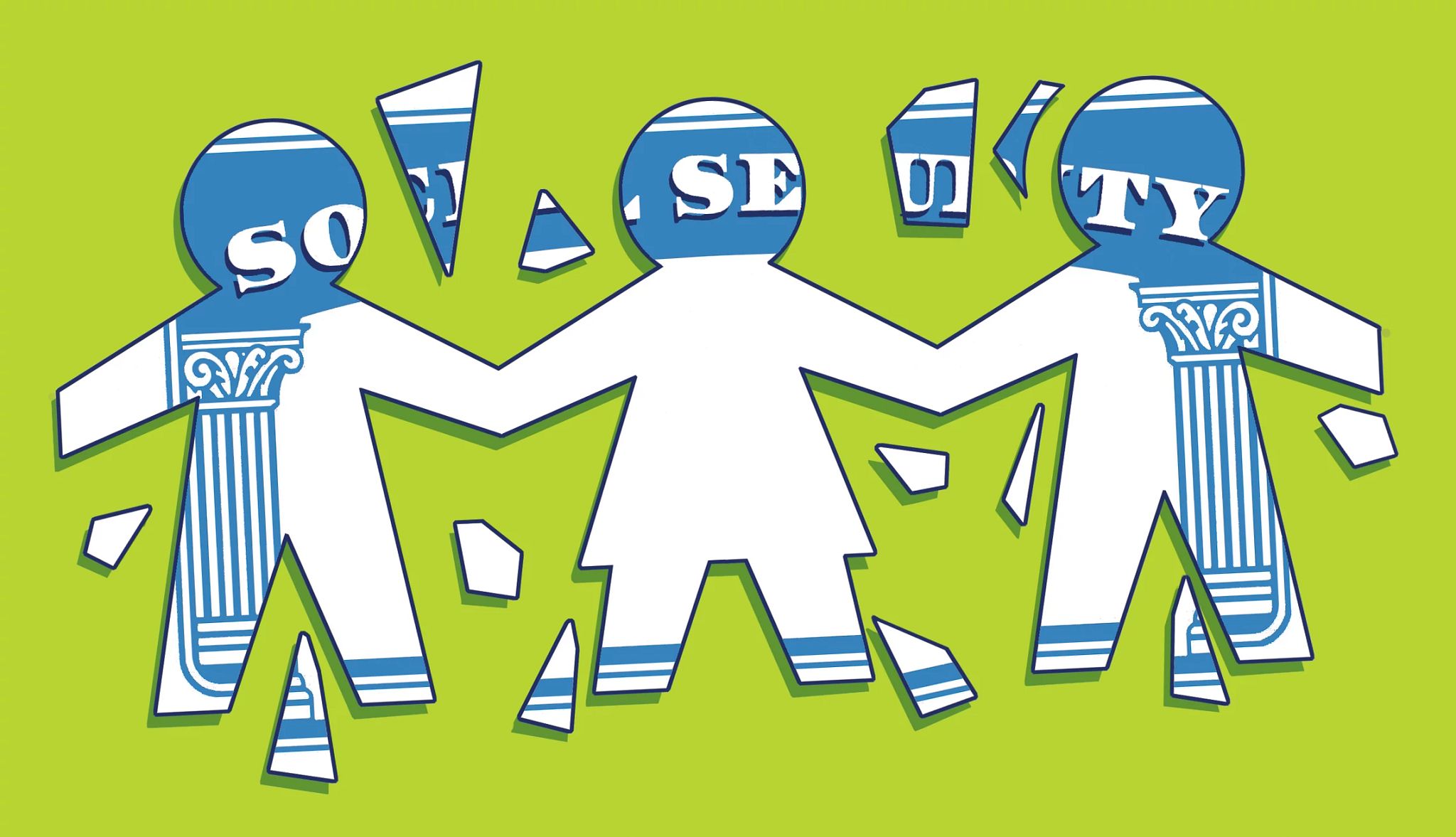AARP Hearing Center


In this story
Eligibility requirements • Benefit calculation • How to apply • Keep in mind
Strictly speaking, no one gets “your benefits” when you die. However, your children might qualify for Social Security survivor benefits based on your earnings record and benefit calculation.
How do children qualify?
To be eligible, children must be unmarried (with very limited exceptions — see below) and meet one of these criteria:
- They are under 18 years old.
- They are attending school full-time up to grade 12, but are no older than 19 and 2 months. (Social Security formerly extended children’s survivor benefits to full-time college students up to age 21, but Congress repealed this provision in 1981.)
- They have a disability that dates to before they turned 22, in which case benefits can continue regardless of age.
Children who meet the eligibility requirements can receive survivor benefits even if the parent died before filing for Social Security.
In some circumstances, stepchildren, grandchildren and step-grandchildren may qualify for survivor benefits.
How are children’s survivor benefits calculated?
Qualifying children receive 75 percent of the late parent’s (or grandparent’s or stepparent’s) primary insurance amount, also known as the basic benefit — the amount the parent is entitled to receive if they start collecting Social Security at their full retirement age, based on their earnings history.
Even if the parent dies before claiming Social Security, the child’s survivor benefits will be based on the parent’s basic benefit amount.
The average monthly child survivor benefit in August 2025 was about $1,138. Your Social Security statement, which you can access anytime if you have an online My Social Security account, shows estimated survivor benefits for your spouse and children.
How do you apply?
You can only apply for survivor benefits by phone or in person at your local Social Security office. There is no online process. To apply by phone or to set up an in-person appointment, call the Social Security Administration (SSA) at 800-772-1213.
A surviving parent or other person applying for benefits on behalf of a bereaved child will need to provide proof of the child’s relationship to the deceased, such as a birth certificate or adoption record, and answer questions about their living circumstances. You’ll find details about the information and documentation required on Social Security’s Form SSA-4.
Keep in mind
- In almost all circumstances, offspring must be unmarried to collect survivor benefits. There are some narrow exceptions for adults with disabilities who continue to receive “child” benefits based on a late parent’s record.
- The payment amount for a child beneficiary is subject to the family maximum — the upper limit of what a retired or deceased worker’s children, spouse and parents can collectively receive in family or survivor benefits. The maximum generally falls between 150 and 180 percent of the late worker’s primary insurance amount, but it can go as high as 188 percent.



































































More Social Security Answers
Estimate Your Social Security Benefits
When to claim and how to maximize your payments
Understanding Survivor Benefits for Children
Social Security can help families when a parent dies
How Social Security Safeguards Older Women
As the nation’s workforce became more diverse, the program became more inclusive.